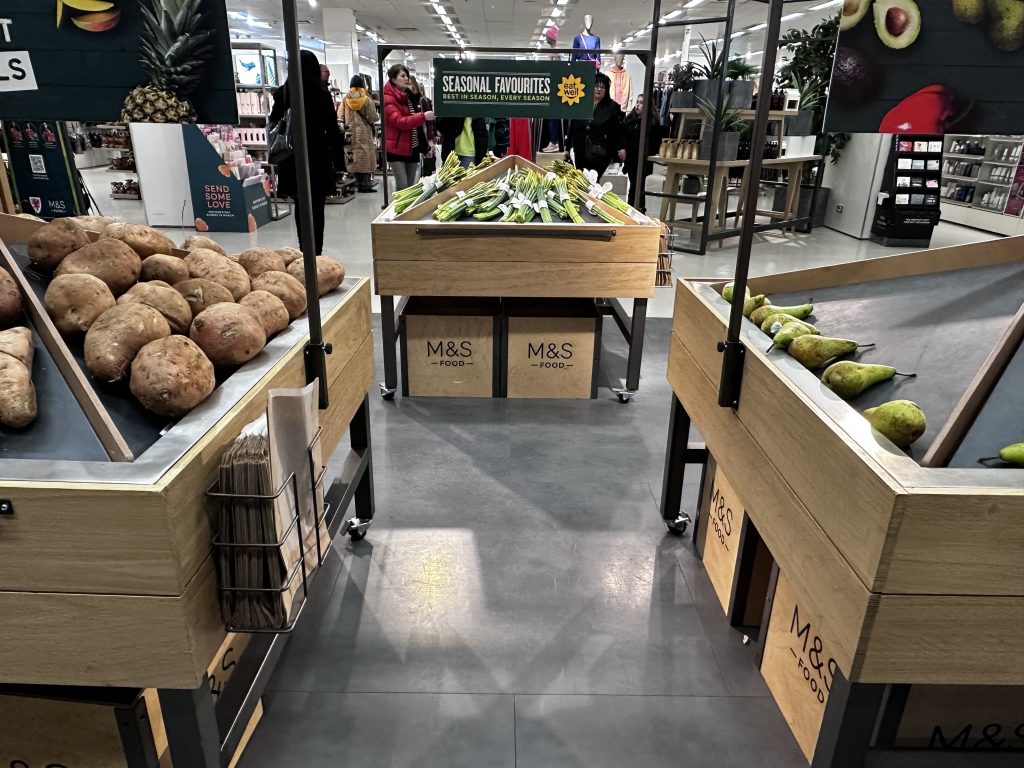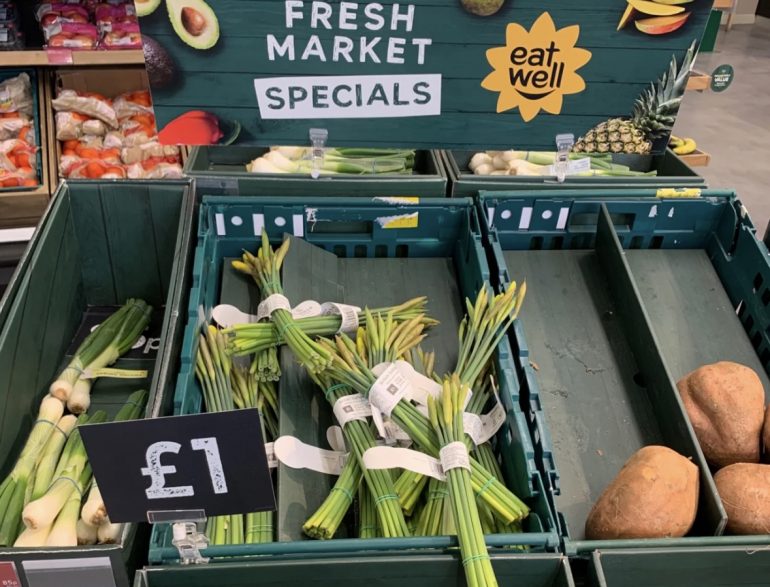Some supermarkets in Cardiff have sold daffodils in food sections, causing problems for Chinese students.
Daffodils are the national flower of Wales. Some supermarkets in Cardiff have been selling them n fruits and vegetable departments.

Haobin, a first-year student who accidentally ate lots of daffodils when he visited his friend in Cardiff, says he has thrown up so many times that there is still a blood clot in one of his eyes.
“My friends told me they were garlic sprouts. The dish was in front of me so I was the one who ate the most and whose syndromes were the severest among them all,” said Howbin.
“We just thought it’s different species of garlic sprouts in Britain and we added lots of sugar to reduce the bitter taste.
“I vomited three times and I think the blood vessel on my face has broken that I looked like have lots of red spots on my cheeks.”

Zengyong Dong, president of Cardiff University Chinese Society says “The first cases happened in 2012. Every year we send notifications to Chinese students in Cardiff during this season that theses are daffodils not garlic sprouts.”

Dr. Barend De Graaf, a plant expert in Cardiff University says the flowers have toxicity.
” Plants protect themselves to predators. Daffodil produces alkaloids that we use as a medicine in some treatments throughout the whole plant. If you eat small bit of it, you won’t die from it, but it can become dangerous that you will suffer from nausea and might vomit several times,” says Dr. Barend.
“I don’t get it why those groceries stores place daffodils there in vegetable departments. It should be in the cut-flower area.”

According to the UK government, products label must be accurate and must include safety information for products that could be dangerous.
Label must not be misleading about things like:
- quantity or size
- the price
- what it’s made of
- how, where and when it was made
- what you say it can do
- the people or organisations that endorse it
One of the supermarkets has apologised, saying it was a “genuine error in one of our stores.”

